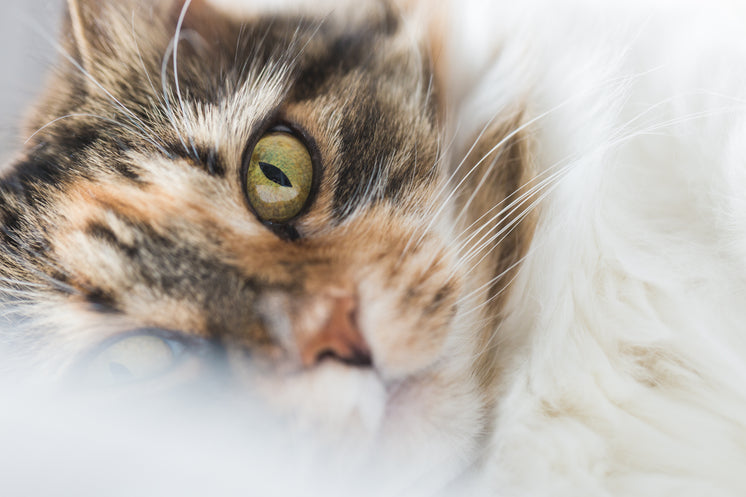Cat Litter Safety For Pregnant Cat Owners.
Wiki Article

Expecting a child is a wondrous occasion, however it also features a myriad of responsibilities and factors to consider, especially for animal owners. Among the numerous issues that occur throughout pregnancy, one that often flies under the radar is the problem of cat litter. While apparently innocuous, cat litter can present threats to pregnant women and their coming children if not handled correctly. In this post, we explore the vital information every expectant mother who owns a feline needs to know to guarantee a safe and healthy pregnancy.
The main interest in cat litter during pregnancy depends on its association with toxoplasmosis, a parasitic infection triggered by the Toxoplasma gondii parasite. Cats, particularly those who invest time outdoors, can end up being contaminated with this parasite by hunting and consuming infected victim or by entering into contact with contaminated soil. Once infected, felines can shed the parasite in their feces for a quick duration, typically one to two weeks, which is when they end up being providers of the illness.
Toxoplasmosis itself may not cause any symptoms in healthy individuals, but it can have serious effects for pregnant females and their unborn babies if contracted during pregnancy. The parasite can be transferred to people through unexpected intake of contaminated cat feces, soil, or undercooked meat containing the parasite's cysts. In pregnant ladies, toxoplasmosis can result in miscarriage, stillbirth, or hereditary impairments in the child, such as hearing loss, vision problems, or intellectual specials needs.
Offered the potential dangers associated with toxoplasmosis, pregnant women are often advised to take precautions when handling cat litter. Here are some essential steps to minimize the risk of infection:
If possible, ask a partner, family member, or friend to take over the job of cleaning up the litter box throughout pregnancy. This minimizes direct exposure to feline feces, reducing the danger of infection.
If you must clean the litter box yourself, use non reusable gloves and a mask to avoid direct contact with the feces and inhalation of airborne particles.
Ensure the litter box is cleaned daily. The Toxoplasma gondii parasite needs a duration of one to 5 days to become infectious after being shed in cat feces. Trigger elimination of feces reduces the chance of transmission.
After handling cat litter or cleaning up the litter box, clean your hands thoroughly with soap and water to remove any possible contamination.
Avoid gardening or dealing with soil, Self Cleaning Litter Boxes especially without gloves, as it may consist of Toxoplasma gondii cysts from cat feces.
To decrease the threat of contracting toxoplasmosis from food, guarantee all meat is cooked thoroughly to eliminate any parasites present.
n addition to taking safety measures when handling cat litter, pregnant females might also think about switching to alternative litter options that posture very little risk. Here are some options to conventional clay-based cat litter:
Silica gel litter is highly absorbent and successfully controls odor. It postures a lower danger of harboring parasites compared to clay-based litter.
Litters made from natural materials such as recycled paper, wood pellets, or corn are eco-friendly and ecologically friendly. These litters are typically thought about cat litter box safe for pregnant women to manage.
Litters stemmed from plant-based products like wheat, corn, or natural cat litter pine provide an eco-friendly option to traditional clay litter. They are complimentary from hazardous chemicals and are safe for pregnant women and their animals.
As with any concerns throughout pregnancy, it's important to consult your healthcare company for customized suggestions and recommendations. If you have any concerns or uncertainties relating to cat litter and its prospective threats, don't be reluctant to discuss them with your obstetrician or midwife. They can supply guidance tailored to your specific circumstances and help relieve any concerns you might have.
While owning a cat can bring enormous pleasure and companionship, it's necessary for pregnant women to be knowledgeable about the potential dangers related to cat litter and take appropriate safety measures to safeguard their health and the health of their unborn kid. By following basic guidelines and looking for assistance from health care providers, expectant mothers can navigate this aspect of pet ownership securely and enjoy a stress-free pregnancy along with their feline buddies.